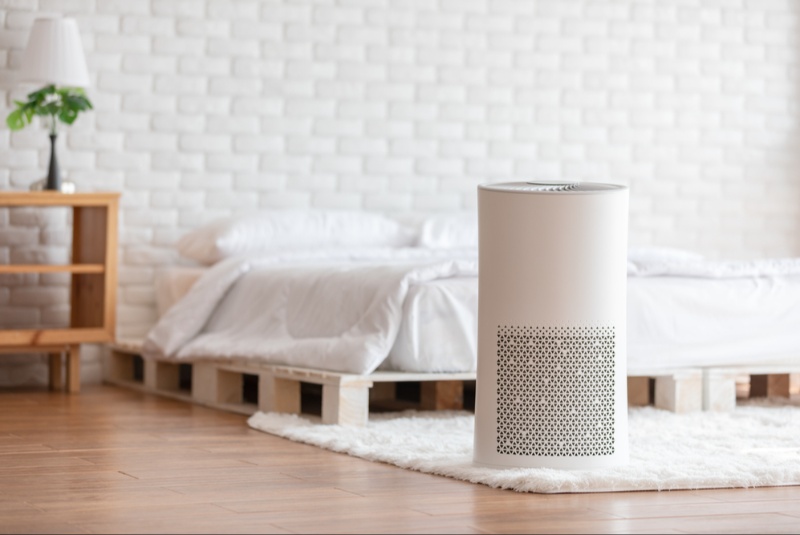It's a common notion that washing clothes in hot water is the best way to get them clean. While hot water can be effective for certain stains and loads, using cold water for laundry has its own set of benefits. One of the most compelling reasons to switch is the savings potential, both in terms of energy costs and the longevity of your clothes. Let's delve into why and how using cold water can be a boon for your wallet.
1. Energy Savings
Water heating can account for up to 90% of the energy your washing machine uses. By opting for cold water, you're essentially bypassing this energy-hungry process. This can lead to substantial savings on your energy bill over time. Considering that the average household does about 300 loads of laundry a year, the accumulated savings can be significant.
2. Extending Fabric Life
Heat can be hard on fabrics. Over time, washing clothes in hot water can lead to fading colors, shrinking, and wear and tear. Cold water, on the other hand, is gentler on the fibers, allowing clothes to retain their color and structure for longer. This means you won’t have to replace worn-out clothes as often, saving you money in the long run.

3. Detergent Efficiency
Modern detergents are formulated to work efficiently in cold water. This means that you can still achieve a thorough clean even when not using hot water. Over time, you may also find that you can use less detergent for the same cleaning power, translating into further savings.
4. Reduced Carbon Footprint
By using cold water, you're not only saving money but also reducing your carbon footprint. Less energy consumption means fewer greenhouse gases are emitted. Thus, this simple switch is a win-win for both your pocket and the environment.
5. Fewer Worries About Mixing Colors
One of the common laundry challenges is ensuring colors don't bleed. Cold water reduces the risk of dyes transferring from one garment to another. This can save money by reducing the need to purchase replacement clothes when colors run or fade.
Tips for Effective Cold Water Washing
To make the most of your cold water wash, consider the following tips:
- Pre-Treat Stains: Some stains can be stubborn in cold water. Pre-treating them ensures they're effectively removed in the wash.
- Use the Right Detergent: Opt for detergents that are designed for cold water washing. They have enzymes specially formulated to work in lower temperatures.
- Optimize Load Size: Ensure you're not overloading or underloading your washing machine. An optimized load ensures effective cleaning.
- Regular Maintenance: Clean your washing machine regularly to prevent mold, mildew, and soap scum, which can affect cleaning performance.
When to Use Warm or Hot Water
While cold water is efficient for most laundry, there are situations where warmer water might be needed:
- Heavily Soiled Items: Garments that are heavily soiled with oil or grease might benefit from warmer water, which can help break down tough stains.
- Sanitization: If you need to sanitize linens (e.g., during an illness), then hot water and a hot dryer cycle are more effective.
Transitioning to cold water laundry can be a game-changer for many households. Not only does it help in saving significant sums on energy bills, but it also ensures that clothes last longer, reducing the need for frequent replacements. Modern detergents have made it easier than ever to achieve a thorough clean with cold water. By embracing this change, you'll be doing your wallet, your clothes, and the environment a massive favor.




